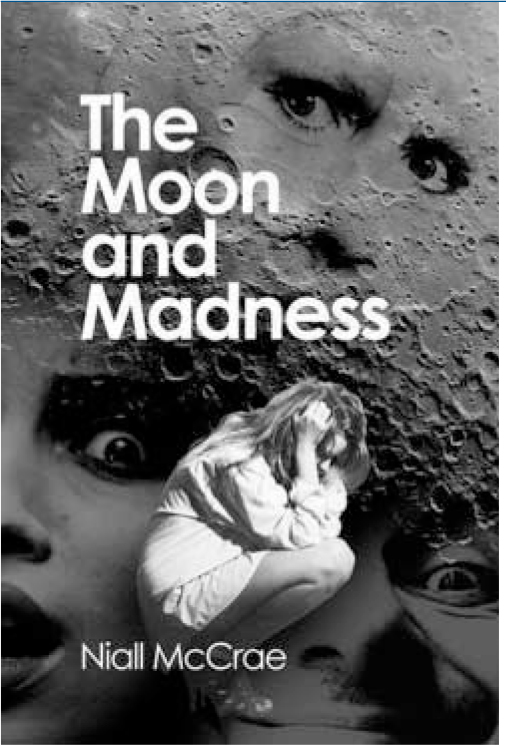
This is a wide-ranging book. Although the focus is on the purported relationship between mental illness and the lunar cycle, it touches on much more. The richness and breadth of sources of this disquisition is both the strength and weakness of this book. From the ancient Greeks to our day, there has been fascination with the possibility that the Moon is capable of influencing mood, behaviour, diseases such as epilepsy, and mental illness. By the 19th century, Leuret and Moreau, working in France, had conclusively demonstrated that the lunar cycle had no role in or influence on seizure frequency in epilepsy. Despite numerous investigations yielding the same result for mental illness, there remains reluctance to accept this conclusion.
McCrae traces the origins of the belief that the Moon can exact influence on mental states and behaviour. His exploration of the history travels through both Western and Middle Eastern antiquity onwards to medieval Europe and then to our own times. Even though the overt interest is in the nature of lunar influence, there are diversions into the history of ideas in general, the history of science and of psychiatry. The narrative thrust of the book often moves without much announcement from one subject to another, for example from the Malleus Maleficarum to astrology and back to lunar cycles. No doubt, the excursions are learned and the writing is elegant. Yet, there is a patent lack of focus.
Chapter 5 deals with the modern psychiatric literature. It is unclear how comprehensive the review of the literature is. This was the author's opportunity to address his chosen subject with vigour, rigour and exactitude. However, it was a disappointing chapter, as it dealt with the issues in a superficial manner, substituting the use of tables for a critical overview of the material to hand. What was needed was a forensic analysis of the literature. Unfortunately, this was not forthcoming. The book might as well have ended with the quotation, ‘Just as we cannot prove that werewolves, unicorns and other interesting creatures do not exist, we cannot prove that the Moon does not influence behaviour’ (p. 108, uncorrected proof), rather than continuing for another three chapters.
McCrae's strength as a writer is his erudition. His sources are wide, his writing at its best is clear, startling and stimulating. He is a conceptual thinker who sees the links and symmetries between disparate subjects. But in the end the book is disappointing.



eLetters
No eLetters have been published for this article.